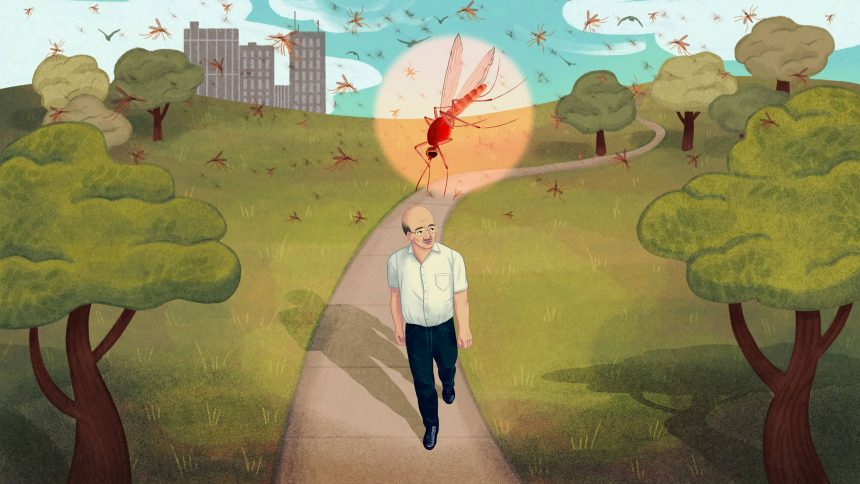James Parravani fell ill with flu-like symptoms the day before his daughter’s wedding reception, experiencing fever, headaches, and chills. Concerned it might be COVID-19, his family rushed him to the emergency room in Westchester, New York, only for his test to come back negative. He was then transferred to Yale New Haven Hospital, where specialists suspected a kidney or blood infection related to his recent transplant.
Parravani, known as Jim, had a unique journey to his daughter’s wedding, dropping out of high school before eventually graduating from law school and building a successful career and family. Diagnosed with polycystic kidney disease in the ’90s, he underwent a kidney transplant in 2020, a year before the wedding. However, his health declined rapidly, with doctors suspecting complications from the transplant.
Despite his worsening condition, Parravani encouraged his daughter, Jenny, to continue with the wedding festivities. Tragically, this was their last coherent conversation, as Parravani’s health deteriorated rapidly from West Nile virus affecting his brain. Despite efforts, he passed away in April 2022.
West Nile virus, a mosquito-borne illness, has been a growing concern in the U.S., with rising cases linked to climate change. Increasing temperatures and rainfall are facilitating the spread of the virus, with warm seasons extending and mosquito populations thriving. Individuals with weakened immune systems, such as organ transplant recipients like Parravani, are at a higher risk of severe illness.
Since its discovery in the U.S. in the late ’90s, West Nile virus has caused sporadic outbreaks across the country, leading to varying levels of infections each year. The impact of the disease depends on environmental factors, bird migration patterns, and human behavior, highlighting the interconnectedness of human health and the environment.
Parravani’s case underscores the severity of West Nile virus for vulnerable populations. With no specific treatment, the virus can lead to serious complications, including death in some cases. Efforts to monitor and mitigate mosquito-borne illnesses like West Nile are critical to protecting public health.






